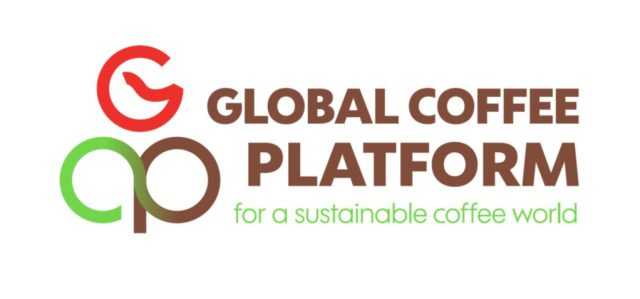MILAN — The Global Coffee Platform (GCP) and the Humanist Institute for Development Cooperation (Hivos), in its role as the SAFE Platform manager, have agreed to work together to address some of the main sustainability issues in Latin American coffee producing countries.
The Letter of Intent, which defines the collaboration between both organizations and lasting initially until 2020, identifies the SAFE Platform with its regional co-funding portfolio as attractive mechanism to support GCP’s work with National Country Platforms and to involve more GCP Members in concrete local actions in Latin America to benefit coffee farming families, increase productivity and profitability, promote best practices and disseminate state-of-the-art knowledge and information regarding coffee sustainability.
“One of the Coffee Barometer’s main findings is that the creation of multiple stakeholder initiatives within the coffee sector has been on the rise.” According to Juan Pablo Solís, SAFE’s Manager. He adds: “This positive trend brings actors together across the chain, but the challenge lies in finding ways for these platforms to align goals, overcome fragmentation and increase impact. That’s why this collaboration with the GCP will aid in the transformation of a more sustainable coffee sector in Latin America by bringing in new stakeholders and methods of engagement and allowing for cross-cutting investment and innovation.”
For Annette Pensel, GCP’s Executive Director, the collective work with the SAFE Platform will help scaling up the investments on coffee sustainability in the region: “GCP Members seek to invest on coffee sustainability in the most effective way to benefit farmers and the coffee business in Latin America and the world. Our agreement with Hivos and the SAFE Platform leads to more collaboration and investments, something the coffee sector needs urgently to address the current issues threating our industry”.
This agreement will also look for opportunities to collectively raise funds for the National Coffee Platforms in coffee producing countries. Emphasis of this support lies on initiatives around economic viability of the coffee sector, climate change, gender equity, generational takeover, access to finance, and the inclusion of smallholder farmers in sustainable agricultural value chains in the Latin American region.


















